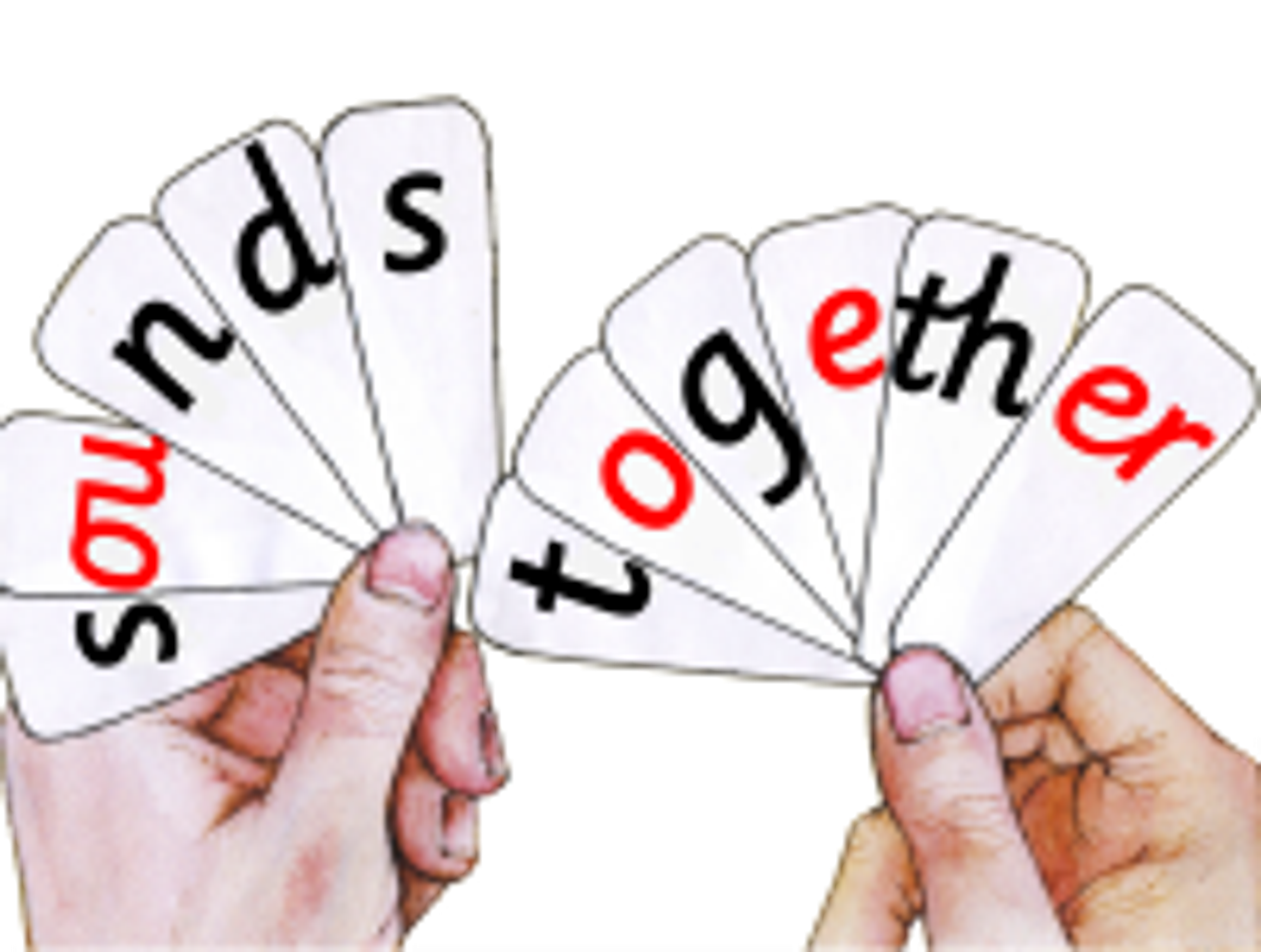Premier’s Reading Challenge no fun for kids who can’t read

THE AGE: Premier’s Reading Challenge no fun for kids who can’t read.
by Alison Clarke July 14, 2019
The Premier’s Reading Challenge is on again, and kids across the state are being urged to compete to read the most books. It’s a miserable time for the many Victorian kids who can’t read. Most struggling readers aren’t dyslexic, they just need more systematic and explicit teaching about how to sound out words. Like American kids, they’re currently set up by our system to fail. Sharan Burrow is right to say, "For an educated country, if you don't read the science - then, goodness gracious, really”. This logic should apply to the reading science as well as the climate science.
In the 1980s, the English-speaking world’s literacy education brains trust concluded (falsely) that learning to read was a natural process, like learning to speak. They saw that expert readers recognise written words instantly, and rarely sound them out. They inferred that novice readers should be taught to memorise and guess words, not sound them out. Imagine if driving instructors decided to abandon teaching learner drivers about the operation of gears, brakes and indicators, and just taught them to imitate skilled drivers. The consequences of this pedagogical nonsense have been profound.
Few teachers were taught the underlying logic of our writing system at university: its sound system (phonology), spelling patterns (orthography) and word parts (morphology). Most young children are given repetitive, predictable books to read, containing spellings they’ve never been taught. These force kids to memorise and guess words, not sound them out. Kids are encouraged to rote-memorise lists of high-frequency words, but these aren’t grouped in ways that make sense of their spellings, or fitted into well-planned phonics teaching sequences. Most schools now “do phonics”, but this might just mean adding incidental “sounds of letters” and a few common spellings (ch, sh, th, oo, ee, or etc) to a memorise-and-guess pedagogical quagmire.
Teaching which reflects current research on how the brain best learns to read remains the exception, not the rule. Learning to read and write involves creating a new brain circuit connecting visual and language systems. This involves analysing spoken words into their component sounds, and linking sounds to letters and letter groupings. It’s then possible to laboriously sound words out. Children can then listen to these words, think about what they mean, and start also linking printed words to their meanings. Sounding out words thus enables access to meaning through print. Everyone learns to read the same way, though for some kids it seems effortless, while others find it very hard.
Children with lots of oral language experience and large vocabularies have more success sounding out words, because they’ve heard more words before. With much practice, readers can start to process all the letters in a word at the same time, and store words in long-term memory for instant recognition. Reading then becomes fast and easy, like listening with the eyes.
As anyone who has worked in juvenile justice can tell you, many kids never get to this stage. Others currently get there only with the help of private tutors and therapists. Not everyone’s parents can afford private intervention, so this is profoundly unfair, as well as imposing huge downstream costs on society. Poor literacy makes you less able to participate, succeed and contribute, and at risk of unemployment, poor health, incarceration and the rest of life’s “bads”.
Teaching all kids to read is schools’ job. It’s time to close the gap between research and practice in early literacy education, so more kids can enjoy, not dread, the Premier’s Reading Challenge.
Alison Clarke is a Melbourne speech pathologist and past vice-president of Learning Difficulties Australia (LDA). She is the lead volunteer organising LDA's seminar “Recent Advances in Understanding Word-Level Reading Problems: Assessment and Highly Effective Intervention” on 19 August at Melbourne Town Hall.
